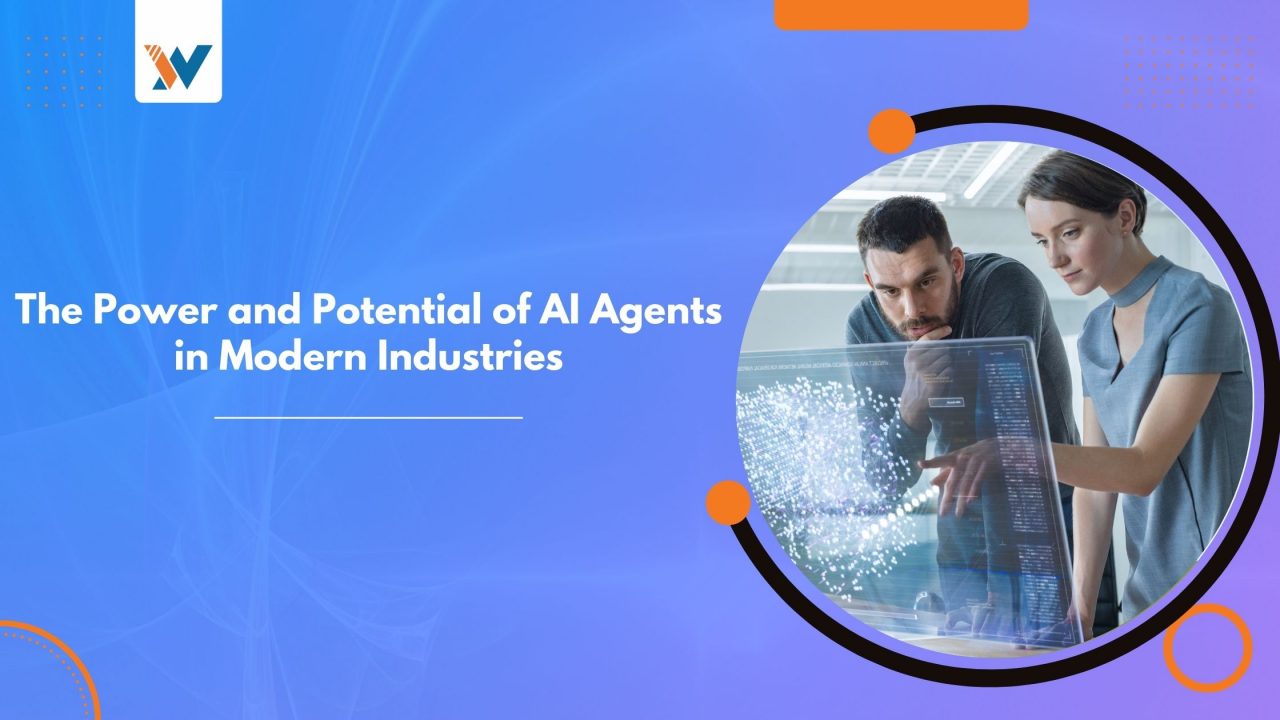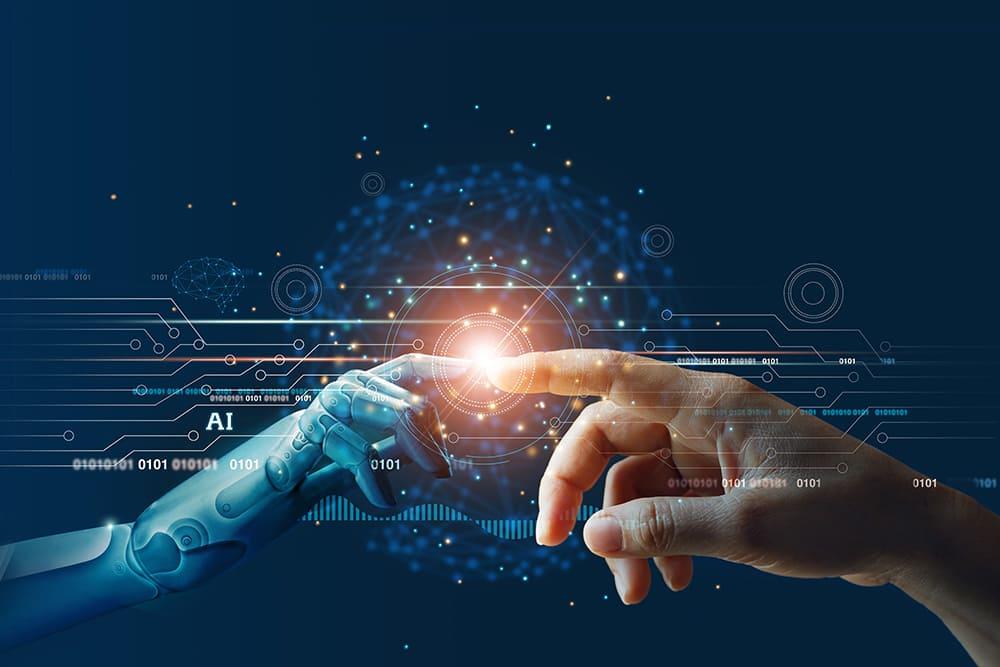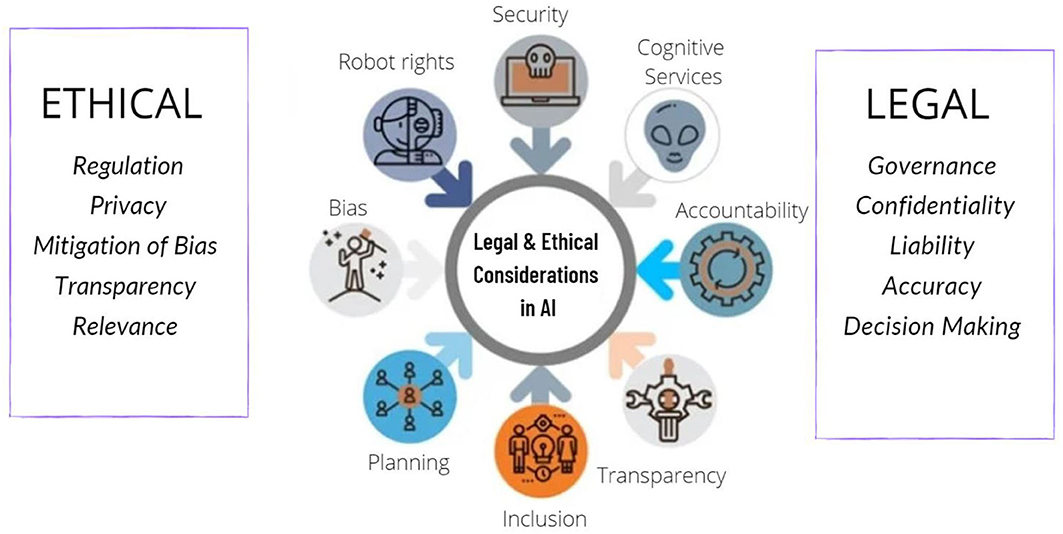
The Rise of AI Agents: Redefining Interaction in the Digital Age
Artificial intelligence is not just a tool; it is evolving into a partner, an entity that can interpret needs and execute actions—an AI agent. As Jaspreet Bindra discusses, the proliferation of these agents signifies a monumental shift, akin to the advent of smartphones, changing how we engage with technology.
 Imagining the future of AI agents
Imagining the future of AI agents
What Are AI Agents?
AI agents are sophisticated software systems built upon Large Language Models (LLMs) that leverage user data and environmental inputs to autonomously perform tasks. They differentiate themselves from conventional applications by not just retrieving information but also making decisions and taking actions to fulfill user-defined goals. Bill Gates famously predicted this evolution, suggesting that soon, interactions with devices would be as simple as stating our desires in everyday language.
Sarah Hinkfuss from Bain Capital articulates the desire for technology that pushes solutions rather than requiring users to pull information. This shift heralds a new era where traditional applications may soon feel obsolete as AI agents begin autonomously managing our routines, from planning vacations to handling compliance for businesses.
The Gold Rush of Agentic AI
With thousands of startups developing AI agents, companies like Genie and Minday are leading the charge, crafting solutions that cater directly to user needs. For example, Minday intelligently curates dining options based on personal preferences, while Genie organizes parental schedules to optimize time management. These innovations illustrate how AI agents are not merely tools but can become invaluable co-pilots in our daily lives.
 The next wave of AI innovation
The next wave of AI innovation
In a groundbreaking move, Klarna reported having replaced 700 human customer service agents with AI agents built on OpenAI platforms, showcasing the operational efficiency these systems can bring to industries. Further validating this trend, major players such as Salesforce and Oracle are investing heavily into developing agent-based technology, reflecting a decisive shift in both enterprise software and user interaction paradigms.
Legal Concerns: The Next Hurdles
As this AI agent landscape expands, it invites scrutiny, especially surrounding the ethical and legal ramifications. With The New York Times currently examining ChatGPT’s source code, concerns regarding copyright infringement are prevalent. The lawsuits against OpenAI and Microsoft aim to unravel how generative AI models, which require vast datasets, are trained on potentially copyrighted material.
This inspection could reshape the guidelines surrounding the use of proprietary content in AI development. It raises significant questions about fair use and the relationship between AI outputs and original works—a legal battleground reminiscent of the Napster case. If developers rely on scrapped data from publishers without compensation, the future of generative AI is on shaky ground.
The Ethical Landscape
The emergence of AI agents does not come without ethical considerations. In AIs’ transition to becoming active decision-makers, we face challenges in ensuring these systems operate under defined guardrails. The implications of putting AI agents in autopilot mode pose risks, particularly concerning accountability and transparency. Should an AI agent misinterpret user data, who is responsible? As Max Tegmark notes, 2024 could very well designate the birth of AI agents as a new species rather than just a technology.
 Understanding the ethical challenges posed by AI agents
Understanding the ethical challenges posed by AI agents
The concern extends into organizational spaces, where AI-based systems might change workplace dynamics. Diversity and inclusion initiatives may evolve to encompass non-human agents, raising fundamental questions about humanity’s role in a future dominated by AI.
Conclusion: A New Interactive Paradigm
AI agents signal a transformation in our digital interactions, potentially redefining how we navigate both our personal and professional lives. While manufacturers and startups forge ahead, integrating agentic functionalities into their platforms, society must consider the ethical frameworks and legal guidelines necessary to manage this new frontier effectively. As we stand at this intersection of innovation and responsibility, our collaborative future with AI agents beckons forth—a reality that could either uplift or complicate the very fabric of human interaction.
The journey towards developing responsible AI agents isn’t just about technological advancement; it’s about harmonizing human intent with machine efficiency. As we tread further into this fascinating landscape, the path we carve out now will undoubtedly resonate in the generations to come.














